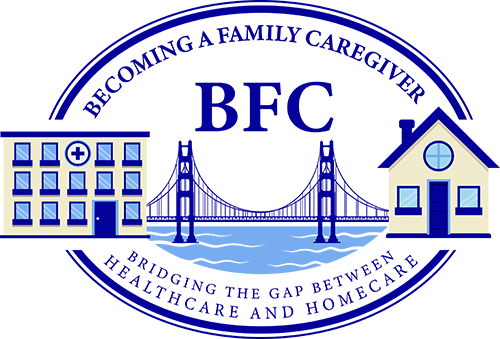
Interpersonal Skills
Knowing what to say and how to say it can be one of the most difficult skills to master when working with individuals experiencing altered mental states. Many caregivers provide care to family members who have physical and mental conditions. At times, their family member may display symptoms of depression, threats of suicide, extreme fears that prevent normal activities, and severe anxiety that can be almost as incapacitating. In addition, many encounter situations where family members experience hallucinations or delusions. They see, hear or believe things that are not real to anyone except their family member who strongly believes them to be right in the room with them.
For caregivers, these situations are more than just difficult; they are frightening and can be dangerous to the safety of the caregiver and family member if not handled correctly. “Interpersonal Skills” provides insights into some of the more common mental health conditions as background information plus gives examples of ways to handle some of the more difficult situations caregivers might encounter.

Handling Difficult Situations
Many caregivers must handle the difficult situation of having a family member with a physical illness complicated by an emotional reaction that interferes with their care—think of the Alzheimer’s patient who has a heart attack, for instance. Often, the sick will lash out at their caregiver to the point of becoming aggressive. Though the family member may know what they are doing, occasionally, their behavior is a product of their illness or medication. Therefore, you need to know how to care for your family member’s physical needs and how to handle difficult emotional situations, too.
Learn More

Memory and Mental Health Disorders
As a caregiver, you are likely to encounter challenges dealing with memory or mental health disorders at some point in your caregiving journey, in addition to providing physical care. One in five people in the United States experience mental illness.
Memory and mental illness conditions impact the way people think, behave, and interact with others and encompass numerous disorders varying in severity and frequency of episodes. Many people who suffer from them may not look ill or as if anything is wrong, while others appear confused, agitated, or withdrawn. Learn more about how to help your family member or others with memory or mental illness disorders.
